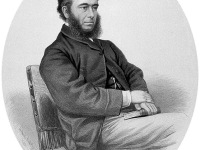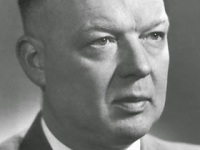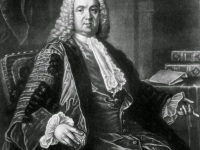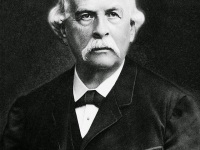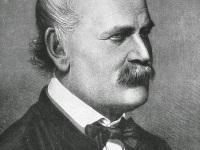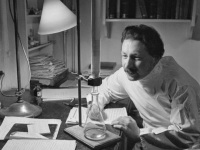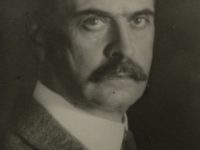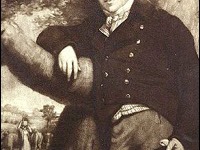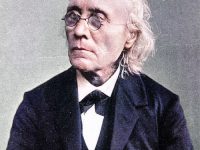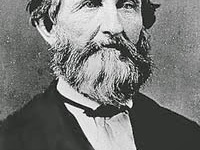William Budd and the Infectious Diseases
On September 14, 1811, English physician and epidemiologist William Budd was born. He is best known known for his discovery that infectious diseases were contagious. A Family of Doctors William Budd was born in North Tawton, Devon. Already his father was a surgeon and also six of the ten children in the family became doctors. Three graduated in Edinburgh and three in Cambridge. William Budd attended the École de Médecine in Paris…
Read more

